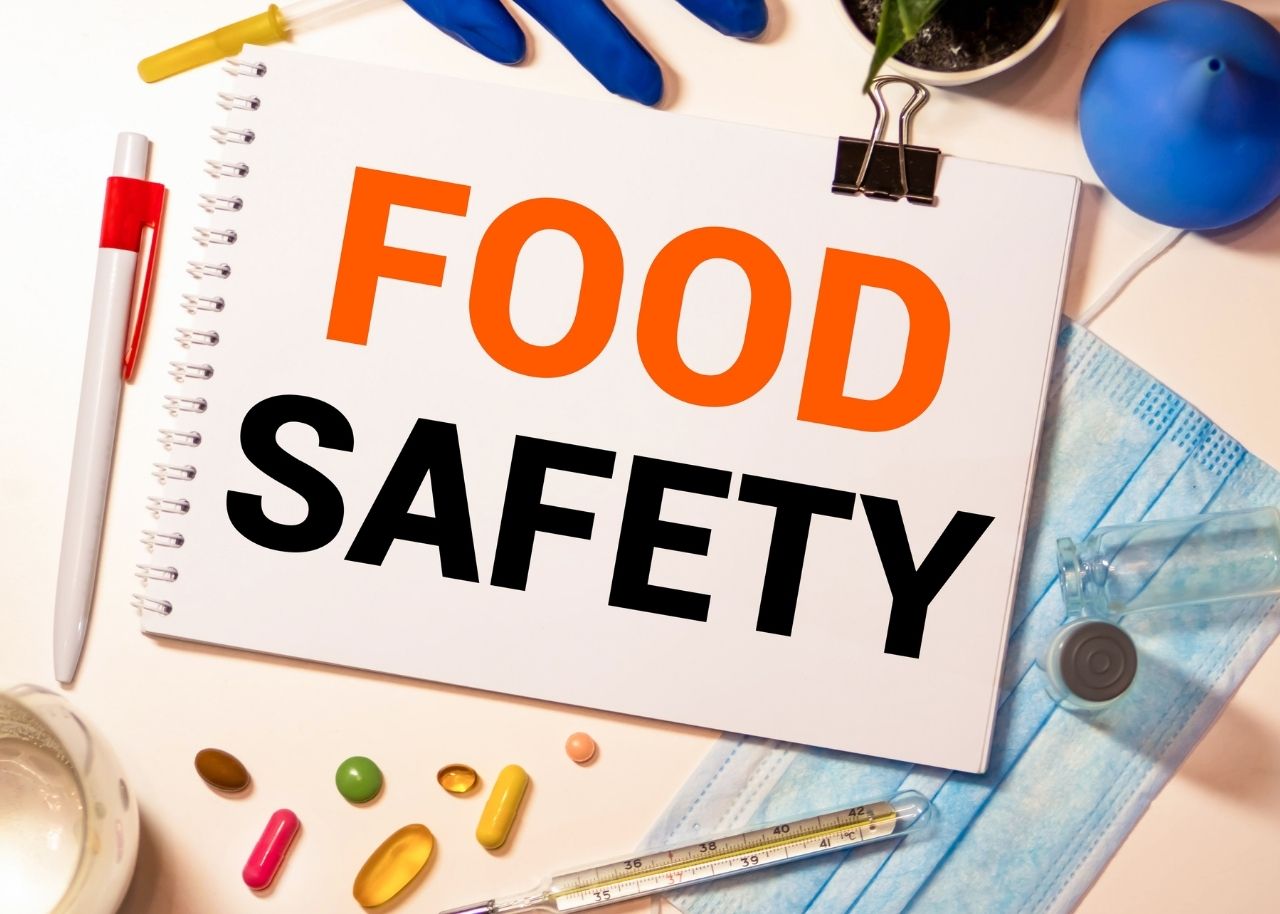The food we eat is more than just something that satisfies our hunger and nourishes our bodies; it comprises a significant part of the world around us. Food production is the single most extensive use of land on earth. The food we eat impacts the natural environment, animals, and human health in many ways. Below are some of the benefits of food transparency and why more and more countries are making it a priority.
Decreases Food Waste
An estimate of 30-and 40% of all food produced globally is wasted. On top of the fact that this comes at a considerable cost to society, it is also a significant contributor to the greenhouse gas emissions causing global warming. In countries where food transparency is more widespread, people better understand how their food choices impact the environment and what steps they can take to eat in a way that minimizes their environmental impact.
Transparency Helps Fight Hunger
Food traceability helps connect the dots between individuals’ needs and food production. When more people understand how their food choices impact the world around them, it creates a more responsible consumer who looks for ways to minimize their impact on the planet. It is valid for both individuals and businesses.
Traceability builds trust in businesses because it allows the general public to know what companies are doing to share information about where their products come from and how it is made.
Transparency Injects Confidence Into The Food Supply System
Consumers have more confidence that their food is safe for consumption with food traceability. It helps people overcome their fears about the safety of their food. It also encourages companies to improve the quality and safety of their products. By promoting transparency in the supply chain, businesses can ensure that they do everything to assure customers that the food they are eating is safe for consumption.
The Economy Benefits
When we look at the cost of food waste, three things to consider. First, we lose out on the natural resources that went into producing that food, which is by far the most significant of the costs. Next, when people throw away their food instead of consuming it or donating it to someone who can use it, they are throwing away those calories in addition to paying for them.
Transparency Encourages Sustainable Agriculture
Sustainable agriculture is essential for the preservation of the environment. The use of genetically modified organisms (GMOs) for cultivating land, which can lead to increased risks of allergic reactions and other health issues, is discouraged by transparency. When food sources are more transparent, consumers can make informed decisions about whether they are willing to eat a potentially GMO-based product.
Transparency has many benefits for both environmental and human health. Everyone plays a role in spreading awareness of the importance of food transparency. The more people who understand the impacts their food choices have on the world around them; the better those choices can be. It is why more and more countries are making food transparency a priority.
